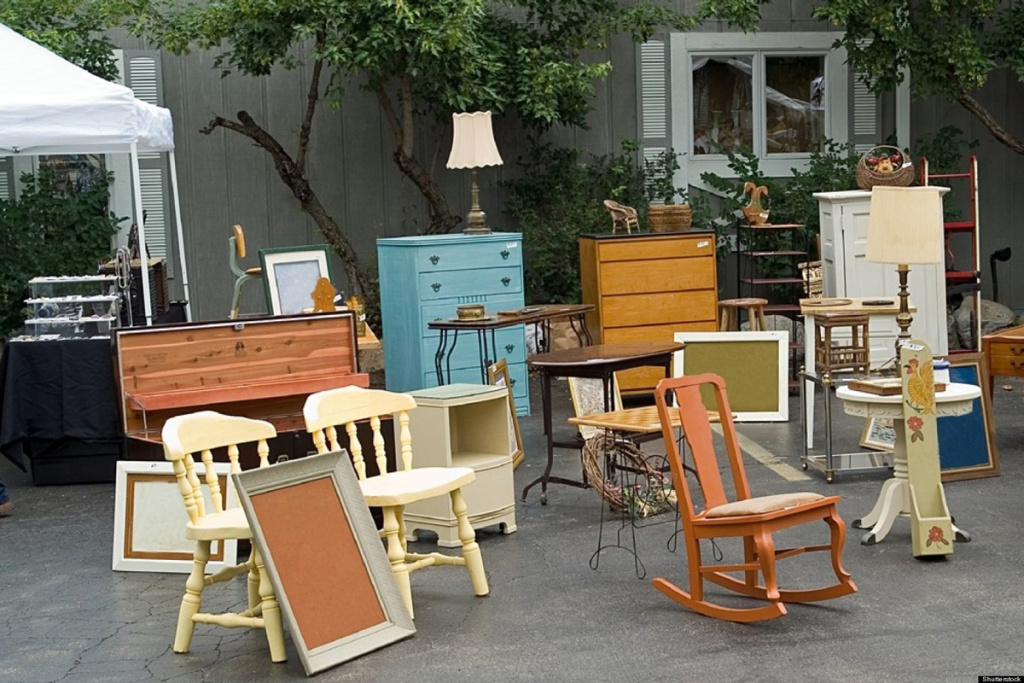by David S. Bunton
President, The Appraisal Foundation
In the coming years, many people face the daunting task of helping their elderly parents move from a house to a smaller apartment or nursing facility. This year, the first of the baby-boom generation will turn 60. According to the U.S. Centers for Disease Control and Prevention (CDC), the number of people using nursing facilities or alternative residential care places is projected to increase from 15 million people in 2000 to 27 million in 2050.
If you are helping your parents downsize to a smaller apartment or nursing facility, or if you are named the executor of an estate, where should you turn for help? What means the most to you? How do you know what is valuable?
A Personal Property Appraiser Can Help
A qualified personal property appraiser can help you determine what items you may want to keep, what items can go to auction, what may be passed on to you or your siblings or other relatives, what can be donated, and what can be thrown away.
An appraiser may start a consultation with you by asking what your family’s goals are, if you would like estimates on all items for auction, or if you require a full appraisal. An appraiser can also help you determine where the best places are to sell your valuables. An appraiser will value your items by looking up comparable sales and comparing the condition of your item to the comparables. Sometimes specialists need to be consulted for unique or unusual pieces.
Cobwebs and Dust Aren’t the Only Things You May Find in the Attic
“One client’s father was an inventor, but she had no idea that he was also a trophy winning race car driver until she found a collection of early auto race and exhibition medals and scrapbooks in his estate. She assumed that they didn’t have a lot of value, but I estimated them in the $6,000-$10,000 range. It would have been a shame to throw them out!” said Leila Dunbar, of Leila Dunbar Appraisals and Consulting LLC.
Christine Corbin of Corbin Appraisal Services, Inc. said many times people have a pre-conceived notion that the older an item is, the more valuable it must be.
However, Ms. Corbin said she once performed an appraisal for a client’s estate when she noticed a large brown waterscape painting in the living room. After finding the painter’s name and date, she conducted some research and determined that although the painting wasn’t very old (ca. 1965) its auction value was somewhere between $900,000 and $3 million.
“The executor never liked the piece. The decedent had offered it to him several times, and not knowing the value, he declined!” said Ms. Corbin. The painting went on to fetch $2.8 million at auction.
Finding a Qualified Appraiser
There are several large national membership organizations—some of which are listed as Sponsors on The Appraisal Foundation’s (Foundation) website that designate personal property appraisers. You can visit a Foundation Sponsoring organization’s website to search for a qualified appraiser and be assured that they have met rigorous qualifications and follow professional ethical standards.
In addition to selling personal property, an executor of an estate may also need to consider the sale of real estate. More information on real property appraisers and their qualifications can also be found at www.appraisalfoundation.org.
Originally Published on The Huffington Post.
At ValuePros we reccommend our friends at MaxSold








